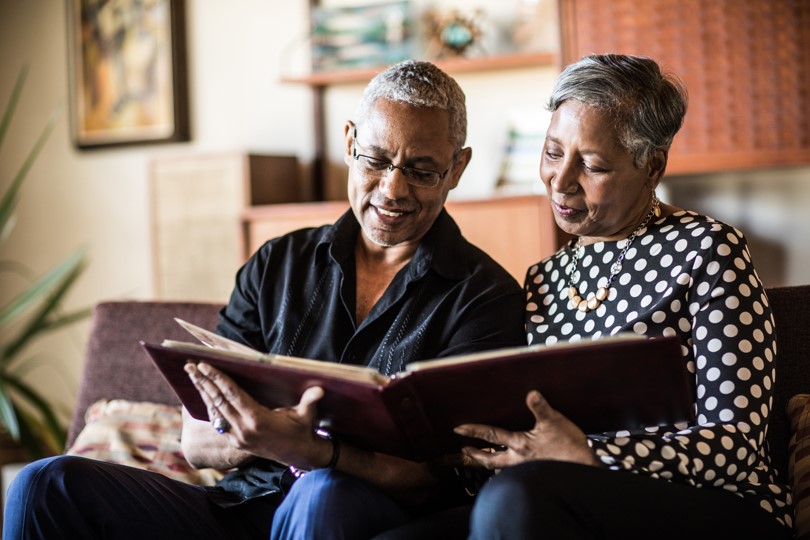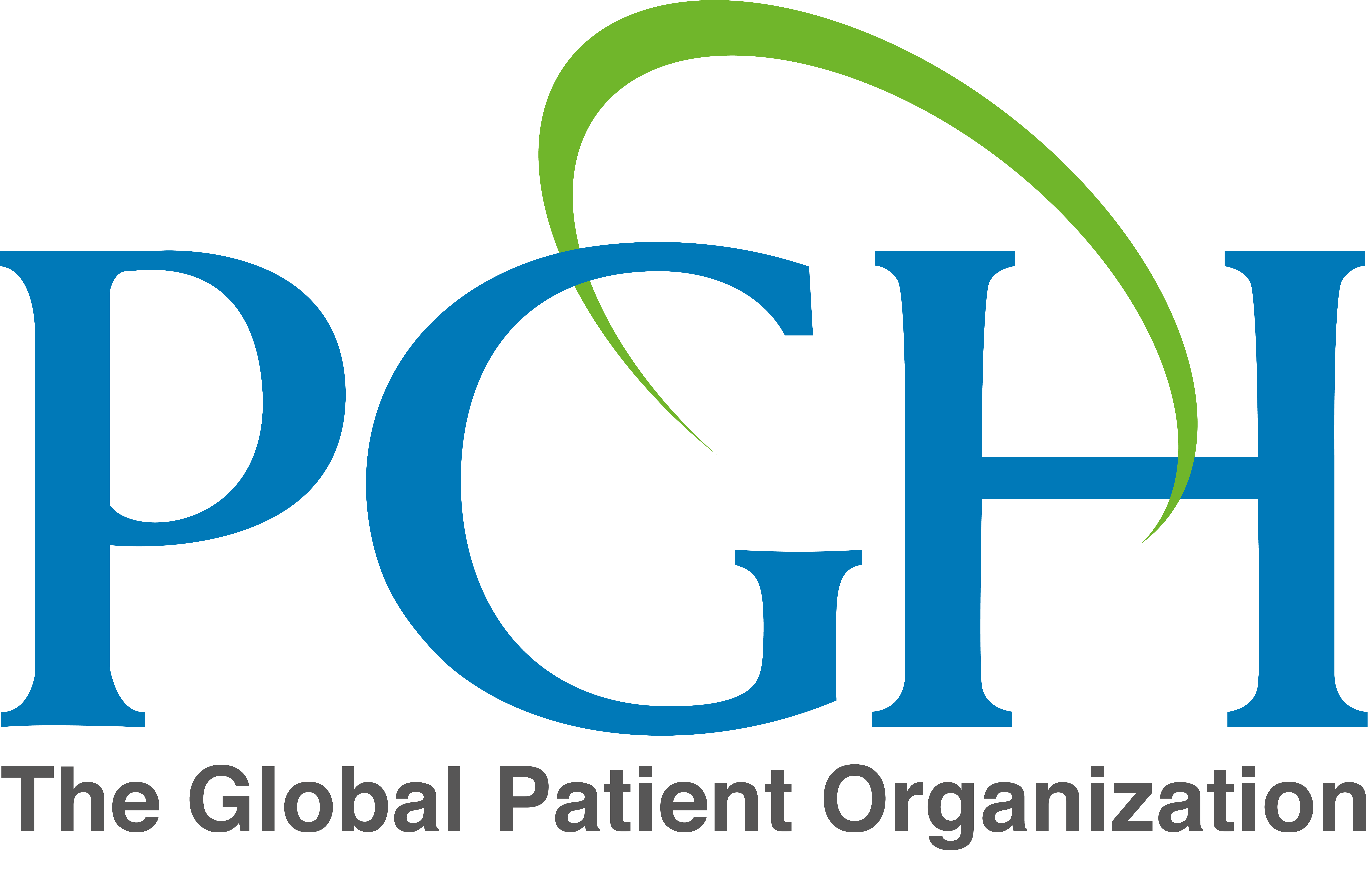The Power of Words. When Referring To Cancer, What You Say Matters.
April 1, 2021
Do you know what words can help and what words can hurt when speaking about cancer?

There has been a lot of discussion around what words to use when describing cancer and the experience of people facing a diagnosis or undergoing treatment.
The terms used for talking about cancer are frequently cliched metaphors that are often either aggressive or idealized and noble. They are habitually engrained, used by fundraisers or politicians, and can be a burden for people with cancer who may want and deserve a better understanding of what having this disease is like; a disease that is becoming more and more common as our lifespans increase.
Words, even when used casually, can overlook, or bypass the humanity of individuals and the range of emotions that they may be experiencing.
Normal and common emotions like anger, feeling overwhelmed, denial, fear and worry, stress and anxiety, hope, sadness and depression, guilt and regret, loneliness, gratitude, peace, and inner strength.
All these feelings are normal and may be felt at different times in varying degrees. There is no single way to approach them, but speaking to loved ones or friends, professionals, or doctors to see if physical problems are making them worse, and to other people with cancer can help.
Widely, there is consensus among those with cancer that words with military and combative interpretations are inappropriate and narrow. Words like “fight”, “struggle”, or “battle”, can be taken to mean that people who fall back into remission have lost or failed, adding to feelings of sadness and depression.
Terms like “beating” and “overcoming” are not always welcome either. The war metaphors do not recognize the randomness of cancer. In this line, no amount of “fighting” can affect its outcome. When treatment works or does not, it is the treatment failing the individual, not the other way around.
The cancer community, meaning people with cancer and the organizations around them like cancer societies, patient support groups, hospitals, patient advocates, and cancer care managers, emphasize that cancer is not a military campaign; it is a disease that people manage. This even inspired a 2016 musical about cancer called A Pacifist’s Guide to the War on Cancer where humour, also a coping mechanism, looked at the ways people may feel uncomfortable or avoid talking about illness and death.
People with cancer cannot be expected to “feel positive” and “stay strong” all the time; rather, the range of emotions should be accepted and recognized. Many people also resent the use of “brave”, “winners”, “losers”, and a “zero-sum game”. While some find it helpful to have a “fighting spirit” in their description of an attitude, this may reflect their own background and personal experiences.
Some people with cancer describe living with it as a symbiotic-like relationship; one where they must live with this disease every day. Some days cancer has the upper hand. Some days they do.
“I live with it and I let its physical and emotional effects wash over me. But I don’t fight it. After all, cancer has arisen from within my own body, from my own cells. To fight it would be ‘waging a war’ on myself. I have used chemotherapy on two occasions to put the cancer back under control and alter the natural history of the disease. I submitted myself to this treatment gently, and somewhat reluctantly, taking whatever each day had to throw at me. I certainly didn’t enter the process ‘with all guns blazing’.”
The use of the term “journey” can also feel dismissive and like washing out the realities of cancer.
“To me, journeys are fun and pleasurable which you have control over. For me personally, the correct metaphor to describe cancer would be a rollercoaster because there are so many ups and downs.”
“Survivor” can also be problematic because people are often still going through cancer and there is fear of not reaching an almost mythic state of being “all-clear” or “cancer-free”.
If you know someone with cancer – and the chances that you do are high – do not be afraid to ask for their feedback and be honest about not knowing how to refer to it. Do this especially when you are trying to express that you are concerned, that you are there for them, and want them to get better.
It is also useful for family and friends to understand the definitions and terminologies used by their loved one and their doctors and thus be mindful of their assumptions, words, and questions. Dictionaries online, like that of the National Cancer Institute (NCI) or hospitals, are good places to look. Better yet, ask.
- Remission means that the signs and symptoms of cancer have decreased or disappeared. It can be partial or complete.
- Even in complete remission when all the signs and symptoms have disappeared, some undetectable, microscopic cancer may still be in the body. However, in the cancer community, people in complete remission will often reply to the question “are you cured” with the term “I am N.E.D” (No Evidence of Disease). This is cause for celebration!
- Following remission, patients and their doctors focus on a healthy lifestyle with routine follow-ups and screenings to maintain health and, should it occur, catch any recurrence of cancer early.
- If complete remission lasts for 5 years or more, doctors may say patients are cured.
- Cancer-free means that the patient is completely free of cancer. However, it is actually very difficult to guarantee this 100%. The term is not even recognized in the online National Cancer Institute (NCI) dictionary of cancer terms.
The words we use to describe things matter. If we understand cancer, its causes, how it lives in us, how we can manage it, live with it, and overcome it, we may be more welcoming and in tune with reality.
Millions of people around the world have cancer, have had cancer, and will have cancer, with all stages of emotional and physical responses. Using words that do not hurt, or lead people to look at things simplistically, even when done from good intentions, can help acknowledge the rich complexity of human emotions and this disease.
Sources:
- Granger, Kate. 25 April 2014. “Having cancer is not a fight or a battle”, The Guardian.
- Day, Aasma. 4 February 2020. “My cancer is not a ‘journey’. Here are some other words I’m happy to use”. Huffington Post.
- National Cancer Institute, Dictionary of Cancer Terms.
